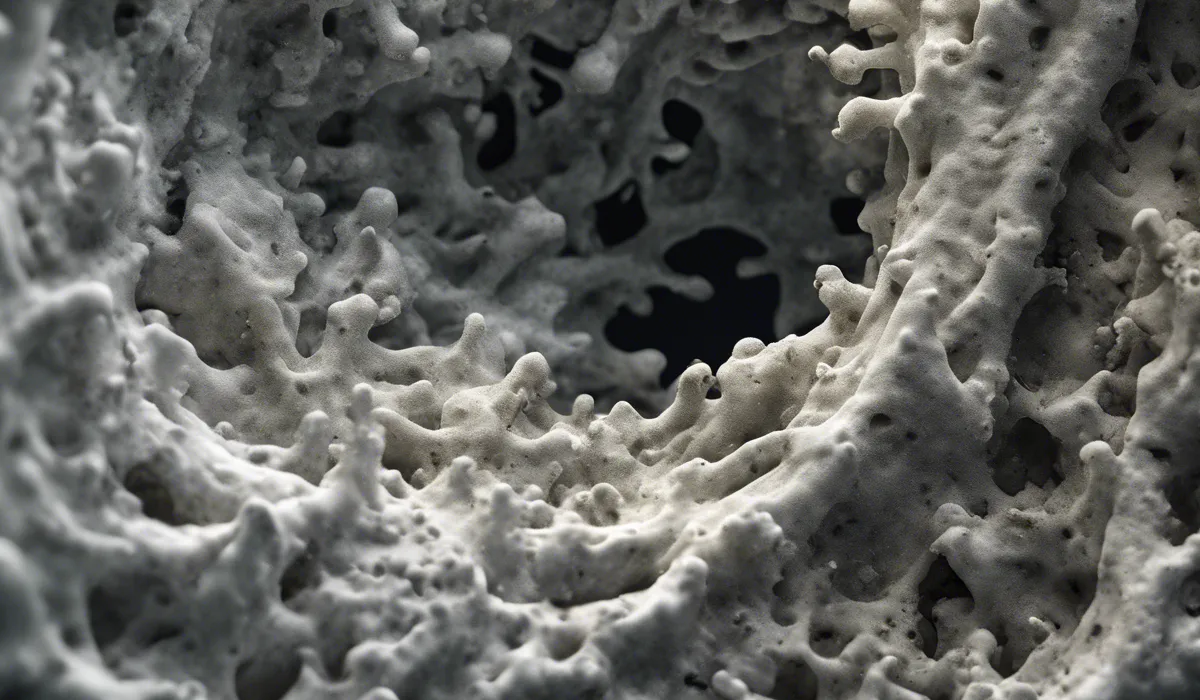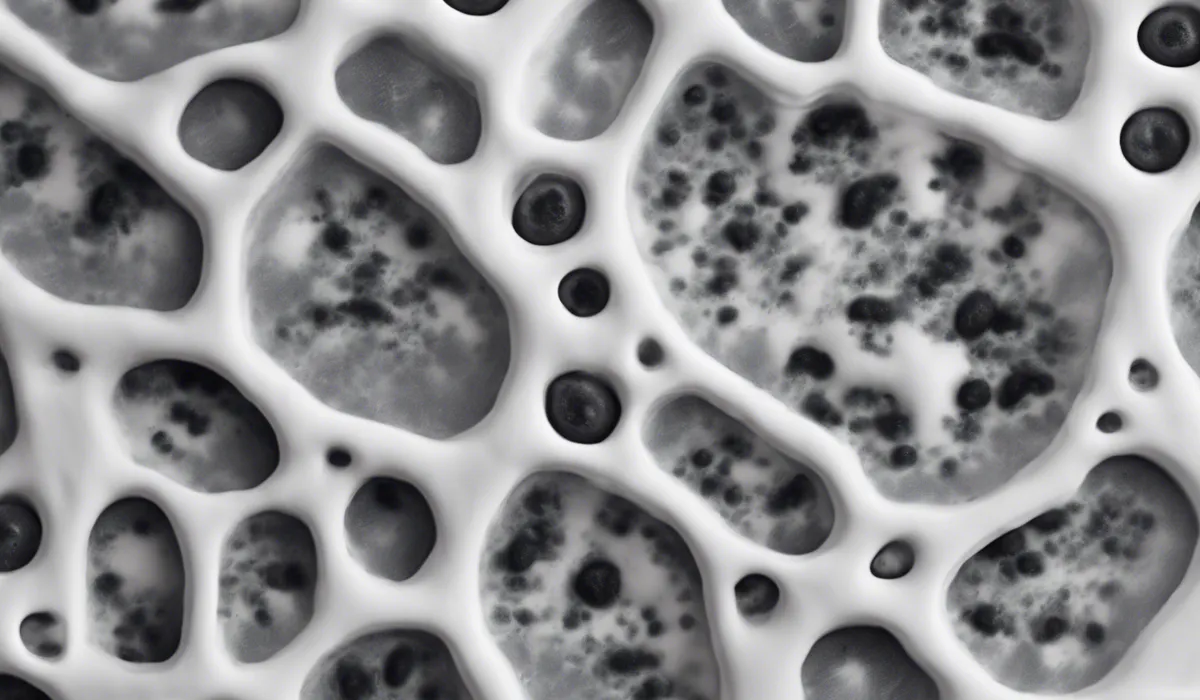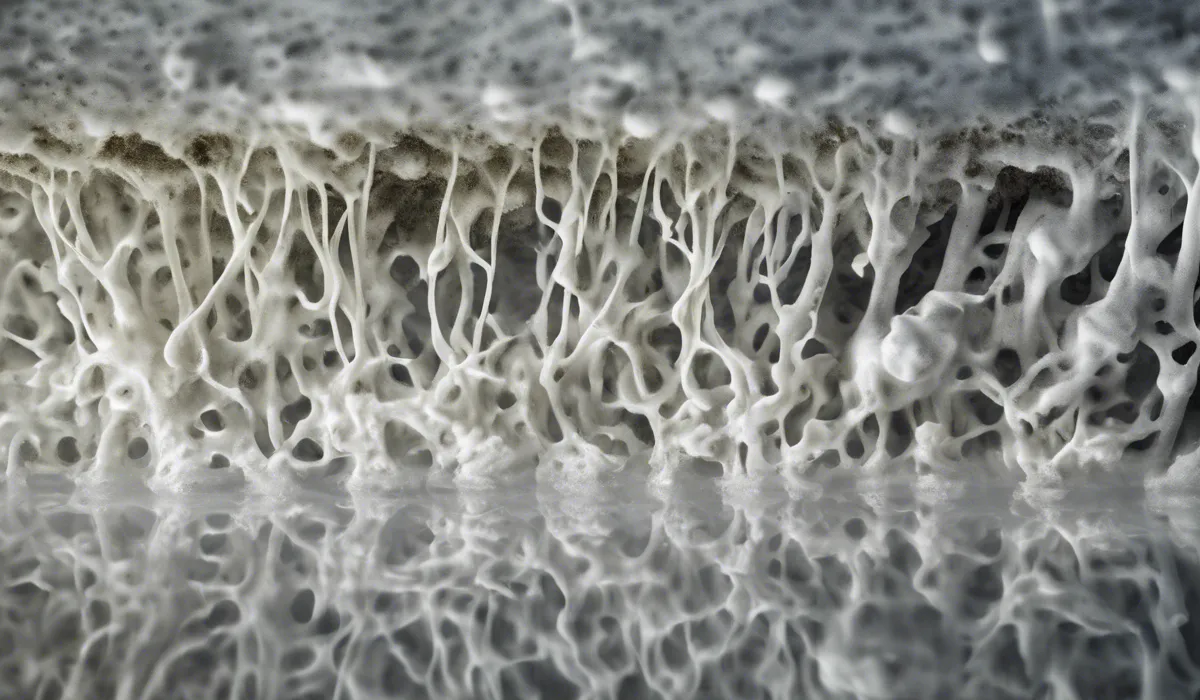Mold is indeed a producer in ecological terms; it is a type of fungus that decomposes organic material, returning nutrients to the soil and supporting ecosystems.
Understanding Mold and Its Role in the Ecosystem

What Is Mold?
Mold is a type of fungus that plays a crucial role in the environment. It thrives in moist areas and reproduces by releasing tiny spores into the air.
These spores can be found almost everywhere and can grow on a variety of surfaces, from food to walls, when the conditions are right.
Understanding Producers in Ecology
In ecological terms, producers are organisms that can make their own food.
They usually do this through the process of photosynthesis, using sunlight, carbon dioxide, and water to create energy.
These producers form the base of the food web, supporting other forms of life.
The Process of Photosynthesis
Photosynthesis is the process by which green plants, algae, and some bacteria turn sunlight into chemical energy.
It is the hallmark of producers and is vital for the survival of most ecosystems on our planet.
Mold’s Distinction from Photosynthetic Life
Unlike photosynthetic organisms, molds do not require sunlight to produce energy. Instead, they obtain energy through the breakdown of organic materials, a process that does not involve photosynthesis.
This fundamental difference separates molds from traditional ecological producers.
Mold’s Nutritional Strategies and Its Classification

Decomposition: Mold’s Nutrient Acquisition
Mold feeds by decomposing organic matter, absorbing nutrients directly from its environment.
It secretes enzymes that break down complex substances, such as cellulose and lignin, into simpler compounds that it can absorb and use for growth.
Saprophytes: Mold’s Role in the Ecosystem
Saprophytic molds are decomposers that feed on dead and decaying organic matter.
They play a vital role in ecosystems by recycling nutrients back into the soil, making them available for use by plants and other organisms.
Autotrophs vs. Heterotrophs: Mold’s Classification
Different from autotrophs like plants that produce their own food, molds are heterotrophs.
They must obtain their food from external sources, specifically from the organic matter they break down.
Mold in the Food Web: Decomposer, Not Producer
Within the food web, molds are classified as decomposers, not producers.
They play a critical role in breaking down dead organisms and waste products, which prevents the accumulation of organic materials and replenishes nutrients in the ecosystem.
Ecological Importance of Mold

Nutrient Recycling through Organic Matter Breakdown
Molds are essential in the nutrient cycle. By breaking down organic matter, they release nutrients like nitrogen and phosphorus back into the soil, which can then be used by plants to grow, thus supporting entire food chains.
Mold’s Contribution to Soil Formation and Health
The activity of molds contributes significantly to soil structure and fertility.
Their decomposition processes create humus, a rich organic component of soil that enhances water retention and provides a habitat for other beneficial microorganisms.
Symbiotic Relationships Involving Mold
Some molds enter into symbiotic relationships with other organisms.
For example, certain molds live in the roots of plants in a mutualistic relationship, increasing the plant’s ability to absorb nutrients while the mold benefits from access to sugars produced by the plant.
Impact of Mold on Human Industries
Molds have a significant impact on various industries. They are used in food production, such as in the aging of cheeses.
In medicine, molds have been instrumental in the discovery of antibiotics. Additionally, molds are utilized in biotechnology for the production of enzymes and other valuable compounds.
FAQs About Mold as a Producer
Is mold considered a producer in ecosystems?
Yes, mold is considered a producer in ecosystems because it breaks down organic material and recycles nutrients back into the soil.
How does mold function as a producer?
Mold functions as a producer by decomposing dead organic matter, which releases nutrients that are then available for other organisms in the ecosystem.
Does mold produce its own food like plants?
No, mold does not produce its own food through photosynthesis like plants; it obtains nutrients by breaking down organic materials.
What role does mold play in nutrient cycling?
Mold plays a crucial role in nutrient cycling by decomposing organic matter and releasing nutrients such as nitrogen and carbon back into the soil for use by other organisms.
Can mold be beneficial to ecosystems?
Yes, mold can be beneficial to ecosystems as it helps break down dead material and contributes to the nutrient cycle, supporting plant growth and soil health.
Final Thoughts
Mold, a type of fungus, functions as a producer within ecosystems by breaking down organic material.
This decomposition process is crucial, as it recycles nutrients back into the soil, thereby sustaining the ecological balance and supporting various life forms.
